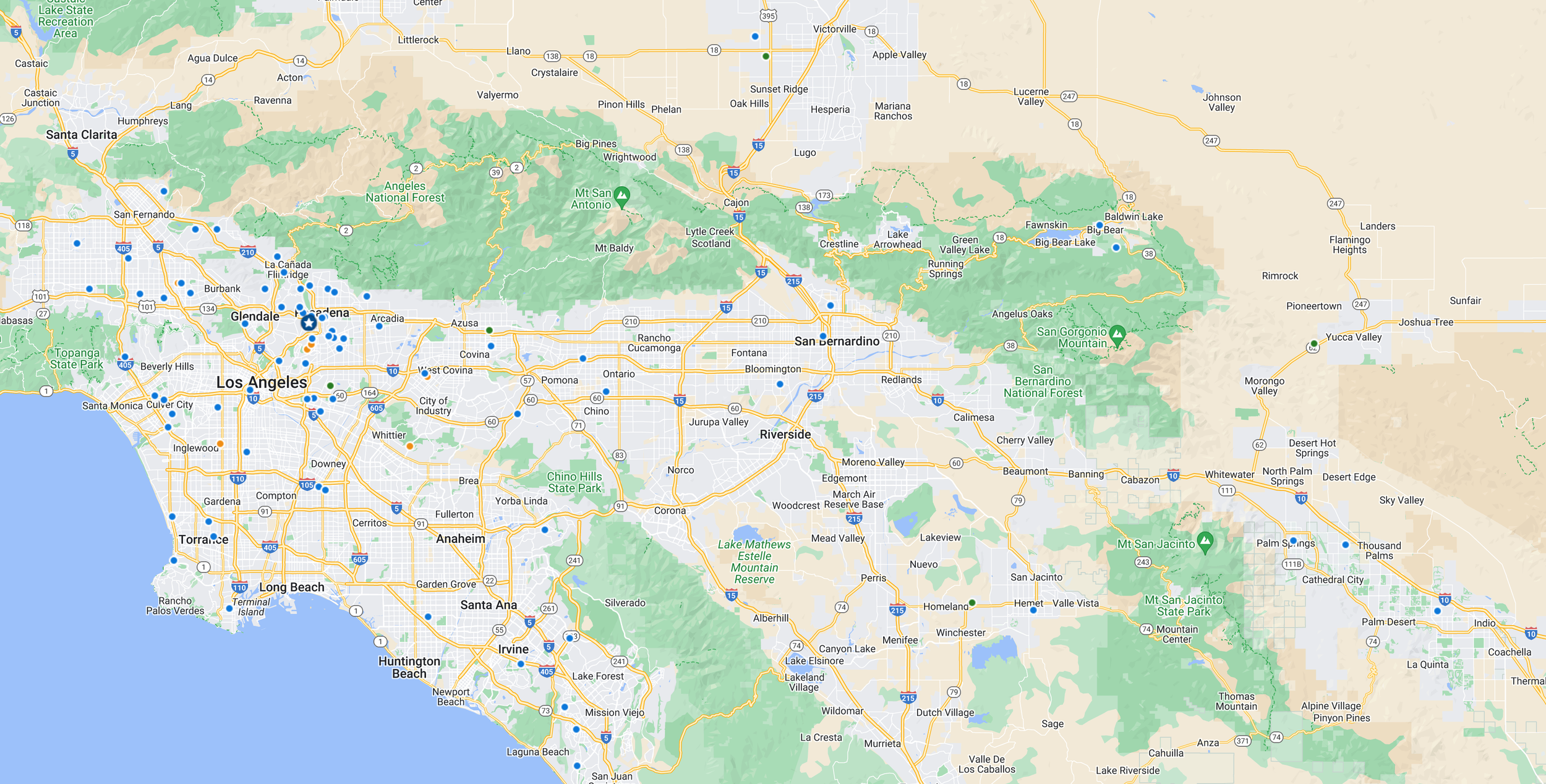Navigating the complexities of probate – one step at a time.
Probate is the legal process of administering the estate of a deceased person. In real estate, probate is the process of transferring a deceased person's property to their heirs or beneficiaries. This process can be complex and time-consuming, and it typically involves the following steps:
Opening the Probate:
The probate process begins with filing a petition to open probate in the appropriate court. This is typically done by the executor of the estate, the person named in the deceased person's will to handle their affairs.
Inventory of Assets:
Once the probate is open, the executor must identify and inventory all of the deceased person's assets, including real estate. This may involve obtaining appraisals of the property.
Paying Debts and Taxes:
The executor must also pay any debts or taxes the deceased person owes, including any mortgages or liens on the property.
Distributing Assets:
Once all debts and taxes have been paid, the executor can distribute the remaining assets to the heirs or beneficiaries named in the will. This includes transferring ownership of the property to the appropriate parties.
Closing the Probate:
Once all assets have been distributed, the executor can file a petition to close the probate. This typically includes providing the court with a final accounting of the estate's assets and expenses. It's important to note that the probate process may vary depending on the state laws and the complexity of the assets of the estate. It's advisable to consult a lawyer or attorney to help navigate the process.

